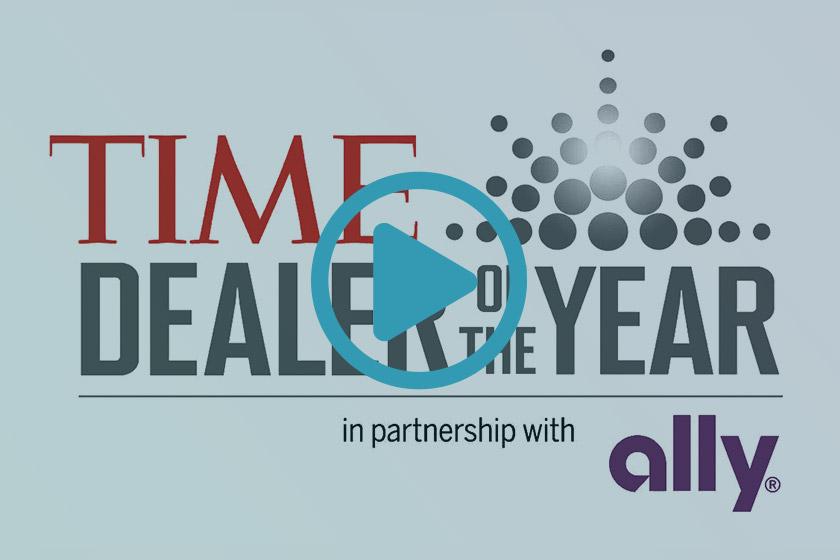As digital communication channels mature, and as they become increasingly ubiquitous in everyday life, we’re seeing more and more flags raised about issues like online privacy and security. Slowly but surely, those raised flags are spilling over into legislative action, and in some cases that legislative action has implications for marketers.
The clearest example of this is what’s known as the General Data Protection Regulation, which is currently in effect throughout the European Union. Could this regulatory oversight have any consequences for marketers here in the United States? Let’s take a closer look.
Understanding GDPR
First, a little background. Following a series of scandals and debates over online data collection and attending privacy concerns, the EU put the GDPR into effect in May 2018.
One of the primary effects of this legislation is to compel websites and providers to disclose when they collect “cookies” or other online data. (You may have noticed a significant spike in websites alerting visitors to cookie policies.) Additionally, GDPR requires businesses to take reasonable actions to secure client data against breaches and data theft.
The actual GDPR text gets complicated, but what it boils down to is that online consumers need to know that their data is being collected; they need to give their consent to it; and they need to be reassured that it’s being used for legitimate purposes.
That the EU would pass legislation like this is hardly surprising. Indeed, recent years have revealed the extent to which bad actors will go to illicitly acquire consumer data and then use it for nefarious purposes. Many commentators in the tech industry have speculated that GDPR might one day serve as a model for comparable legislation here in the United States.
Who’s Affected by GDPR?
It’s important to be clear about who actually has to abide by this legislation. Currently, this legislation impacts not just companies in the EU, but any company that interacts with consumers in the EU, regardless of where the business is based.
Take a moment to look at your website analytics; do you have any traffic coming from Europe? And does your website collect cookies or any other form of consumer data? If so, then you’re bound by the terms of GDPR.
There are implications for email marketing, too. If your email marketing efforts ever find their way to customers in the EU, or if you have any intention of using email to contact European customers, then you should be sticking to the provisions of the GDPR. Noncompliance can result in heavy fines and can also expose your business to significant legal dangers.
GDPR and Email Marketing
We would also note that abiding by the GDPR guidelines is a good way to safeguard your business and your customers against data breaches, so it’s a smart thing to do even if you’re not worried about fines and legal action.
So what are the implications for your email marketing? First and foremost, you can’t purchase email lists and send messages indiscriminately… though doing so is illegal in the U.S. anyway, and it’s also bad strategy.
Two words to keep in mind are consent and confirm. If you’re going to use your business website to build an email list, make sure you have an opt-in area where visitors can give their consent for the information you collect. And, confirm with them that they do indeed wish to receive email updates from your company. In other words, don’t simply harvest email addresses from your website server. Instead, allow your visitors to choose whether or not they wish to be email subscribers.
In addition to being GDPR complaint, this is also just good marketing strategy: Your email efforts will get much better results if you’re connecting with actual, interested consumers.
If your email marketing system allows you to set up automated follow-up emails, asking new subscribers to confirm their intentions and verify their interest in receiving your email updates, that can be an easy, effective way of bolstering your GDPR compliance.
Also make sure you’re attentive to how you store the information you collect from your email subscribers. What you’ll want is to encrypt it somehow, as opposed to storing it in a plain text format.
Finally, make sure your marketing emails offer a consent withdrawal option… in other words, a simple way for your recipients to unsubscribe from the list any time they wish.
Learn More About Safe and Effective Email Marketing
If you’re not already thinking about GDPR compliance, and larger issues of safe email marketing, we’d recommend taking the appropriate steps to update your company’s email marketing policies and procedures. And we’d be happy to talk with you about some specifics. Reach out to the enCOMPASS team any time.
SHARE THIS ARTICLE:



